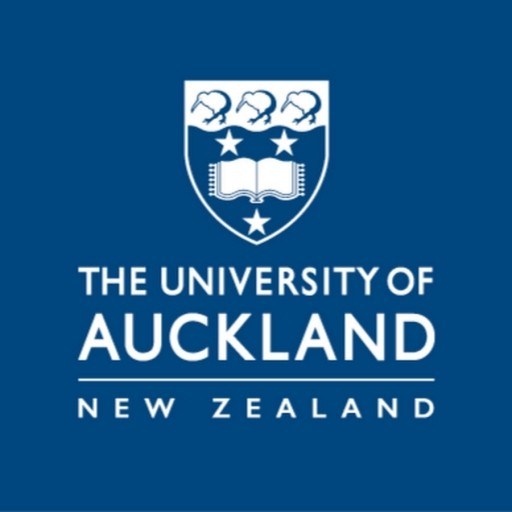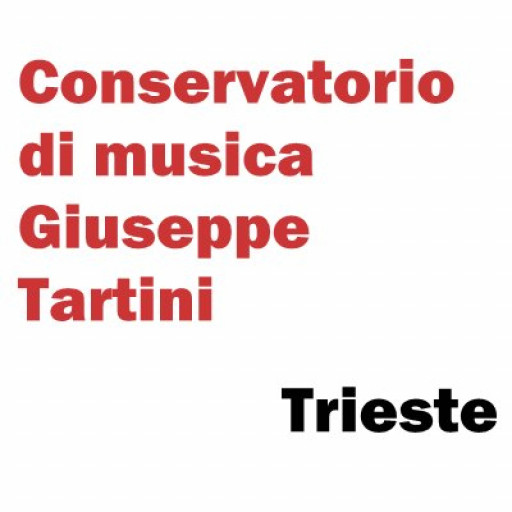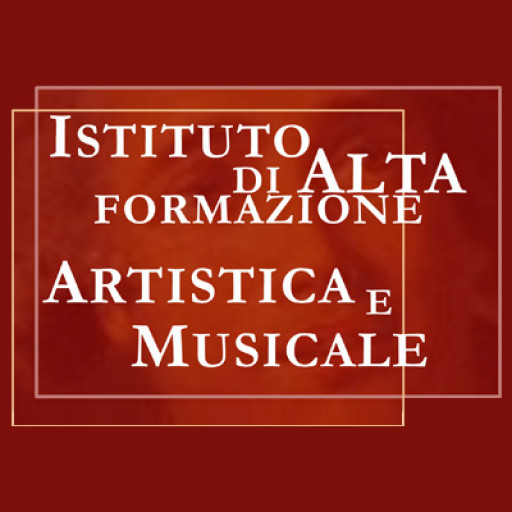Photos of university / #cambridgeuniversity
The Music program at the University of Cambridge offers an exceptional opportunity for students to explore the rich and diverse world of musical traditions, history, theory, and performance. This comprehensive course combines rigorous academic study with practical engagement, enabling students to develop a deep understanding of music from different eras, cultures, and genres. Throughout the program, students will examine musical works in their historical, cultural, and social contexts, fostering critical listening skills and analytical abilities that are essential for a thorough appreciation of the art form. The curriculum includes courses in music theory, analysis, history, ethnomusicology, and composition, providing a well-rounded education that balances theoretical knowledge with creative practice. Students will have access to state-of-the-art facilities, including specialized teaching rooms, performance spaces, and a wide range of musical instruments, encouraging hands-on learning and live performance experience. The program also emphasizes interdisciplinary approaches, allowing students to explore connections between music and other fields such as philosophy, literature, and technology. Under the guidance of distinguished faculty, students are supported in their individual research projects, composition work, and performance endeavors, preparing them for careers in music academia, performance, composition, or related industries. The university’s vibrant musical community offers numerous opportunities for participation in ensembles, recitals, masterclasses, and workshops, fostering a dynamic environment for artistic growth and collaboration. Graduates of the program will possess not only a comprehensive knowledge of music but also the analytical and creative skills needed to thrive in diverse cultural and professional settings. Whether pursuing further academic research or engaging in musical careers, students leave with a solid foundation rooted in the rich traditions and innovative approaches that characterize Cambridge's renowned music studies.
Training for music specific research skills and transferable skills of ca 40 hours per year.
| One to one supervision |
Students can expect sixteen hours of supervision in the first year. Thereafter supervisions are offered as appropriate or required. |
|---|---|
| Posters |
In the course of their third year, doctoral students present a 20-minute paper (in the style of a conference paper) on a topic related to their PhD project, followed by a 10-minute Q&A session. |
Feedback
Students can expect to receive an online feedback report each term.
Assessment
Thesis
PhD theses should not exceed 80,000 words excluding notes, appendices, and bibliographies, musical transcriptions and examples. Candidates whose work is practice-based may include as part of a doctoral submission either a portfolio of substantial musical compositions, or one or more recordings of their own musical performance(s).
Other
Progress assessments are made in years one, two and three of doctoral study.
- Magistr (Master's Degree) at Pass level. Diploma Specialista (completed post-1991) with a minimum overall grade of good or 4/5 Bachelor's from Moscow Institute of Physics and Technology and other prestigious institutions with an overall grade of 4/5 Bologna Bachelor's from other institutions with an overall grade of 5/5, Excellent
- Diploma Specialista (completed post-1991) with a minimum overall grade of Excellent or 5/5 Bachelor's from Moscow Institute of Physics and Technology and other prestigious institutions with an overall grade of 5/5
- IELTS (Academic) 7.5
- TOEFL Internet Score 110
- £50 application fee
- First Academic Reference
- Second Academic Reference
- Transcript
- Research Proposal. A research proposal of approximately 750 words (including bibliography and suggested supervisor). Composition applicants should submit an outline of a proposed programme of work and its end results, clarifying artistic intentions in terms of both their technical and poetic aspects.Applicants who wish to include a performance component in their eventual submission should also include a list of relevant performance activity and details of previous performance tuition.
- Sample of Work. One or two samples of recent written work (eg essays of 2,000-4,000 words each or an undergraduate or Master's dissertation).
- Composition Works. Composition applicants are asked to submit -a list of works and details of previous studies in composition; between 3 and 5 original scores
- Audio recordings. Composition applicants are asked to submit recordings of at least one of their scores. Applicants who wish to include a performance component in their eventual submission should supply one or more audio recordings featuring a range of repertoire lasting approximately 60 minutes in total. Audio recordings cannot be uploaded through the University's online application system but should be submitted direct to the Faculty through Dropbox by sharing electronic files with graduate.application@mus.cam.ac.uk.
- Personal Reference
Funding options for the Music undergraduate program at the University of Cambridge include a variety of scholarships, bursaries, and financial aid opportunities designed to support students throughout their studies. The University offers several prestigious music-specific scholarships, such as the Sir Henry Walford Davies Prize, which is awarded based on academic excellence and potential in music performance or composition. Additionally, there are college-specific scholarships and bursaries that vary depending on the college a student affiliates with, many of which aim to reduce the financial burden on students from diverse economic backgrounds.
Students may also be eligible for government-supplied student loans and maintenance grants available through the UK government, which can cover tuition fees and living expenses. For international students, additional financial aid options, including external scholarships and sponsorships, are accessible, although they are often highly competitive.
The University and its colleges actively encourage applicants to explore funding opportunities early in the application process. Applicants are advised to check the specific college's website for additional bursaries, hardship funds, and awards that may be available. The Music faculty itself does not provide direct funding but supports students by providing information on external organizations and scholarship opportunities relevant to music students.
Students are also encouraged to seek part-time work opportunities on or near campus, which can help offset living costs. The University’s Careers Service offers guidance on employment options suitable for students, including tutoring, teaching assistant roles, and music-related projects.
In conclusion, while direct funding for the Music program is limited, students benefit from a comprehensive network of scholarships, grants, and financial aid programs, both institutional and external, aimed at making their studies more accessible. It is recommended that prospective and current students regularly consult the university’s official finance and funding pages and contact relevant administrative offices for personalized advice and the most up-to-date information regarding additional funding opportunities.
Music at the University of Cambridge offers a comprehensive and in-depth study of the discipline, combining historical, theoretical, and practical components to develop well-rounded musicianship and scholarly understanding. The program is designed to cater to students with diverse interests in music, whether their focus is performance, composition, or academic research. Students have access to world-class facilities, including specialized recording studios, practice rooms, and concert venues, facilitating high-level performance and production opportunities. The curriculum covers a wide range of topics, including musicology, ethnomusicology, analysis of musical works, and the study of various musical periods and styles. Emphasis is placed on developing analytical skills, critical thinking, and research capabilities, equipping graduates with the tools necessary for careers in academia, performance, music production, or related fields. The program encourages active engagement with live performance, encouraging students to participate in university orchestras, choirs, and ensembles. The academic staff comprises distinguished scholars and performing musicians who provide mentorship and guidance tailored to individual interests and career aspirations. The course structure often includes lectures, seminars, workshops, and individual tutorials, fostering an interactive learning environment. Students benefit from the rich musical history of Cambridge, including proximity to renowned concert halls, libraries, and research institutes. Opportunities for archival research, fieldwork, and attending numerous concerts and seminars enrich the academic experience. The program also offers interdisciplinary pathways, allowing students to combine music with other subjects such as history, languages, or psychology. Graduates leave with a thorough knowledge of music's historical and cultural contexts, enhanced practical skills, and critical intellectual capabilities, preparing them for diverse professional paths in the arts and beyond. The program's flexible structure accommodates both full-time and part-time students, with options for research-based MPhil and PhD degrees for those interested in academic careers. Overall, the Music program at Cambridge provides an immersive educational experience rooted in scholarly excellence and artistic development, supported by a vibrant community passionate about music.









